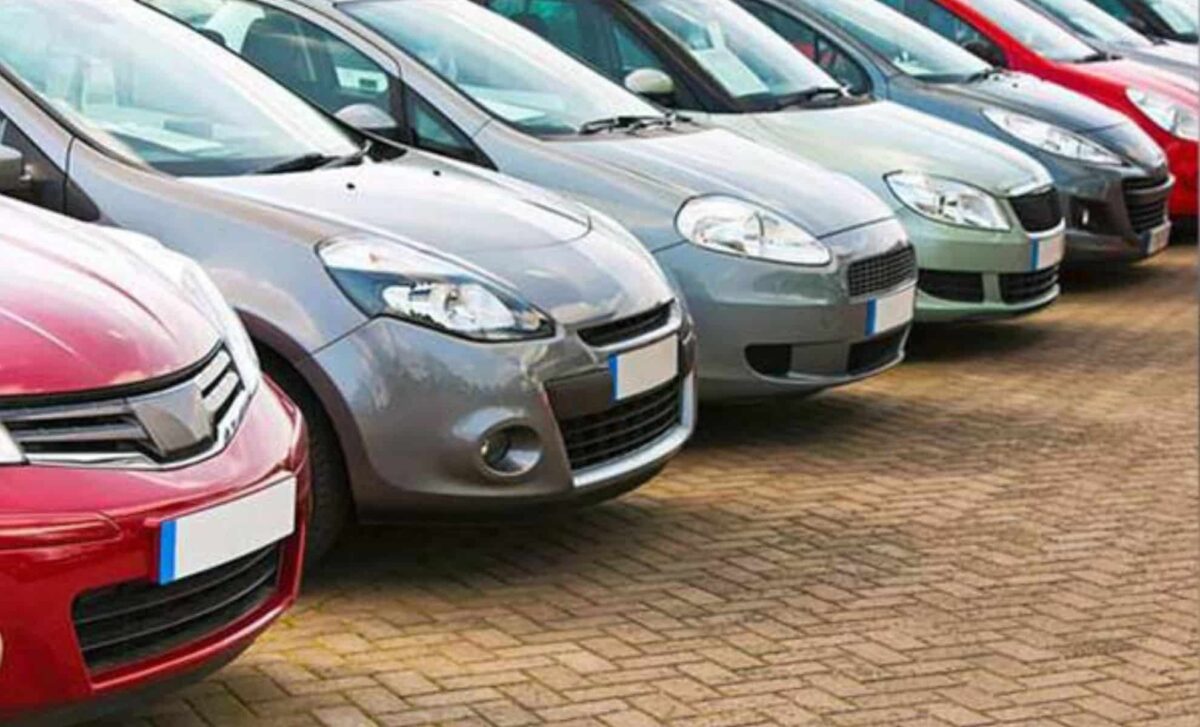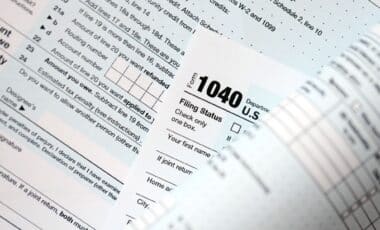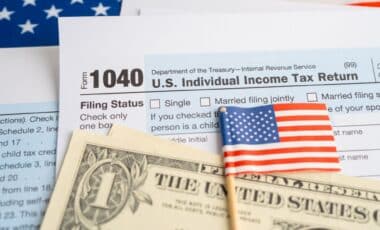In a significant shake-up of the UK’s Vehicle Excise Duty (VED) system, starting in April 2025, drivers of 59 high-emission cars will face an unprecedented tax increase. From Ford to Porsche, popular brands across the spectrum will see their vehicle tax rates rise as part of a broader government push to encourage the transition to electric vehicles (EVs). The drastic rise in VED is aimed at discouraging the use of highly polluting petrol and diesel cars, whilst incentivising the purchase of cleaner alternatives.
This new policy is the result of a change in the Autumn Budget 2023, led by Chancellor Rachel Reeves, who announced the increase to the first-year VED rates. The changes, which will apply from the moment the car is registered, are set to hit hard for petrol, diesel, and hybrid vehicle owners. For many, this means paying thousands of pounds more in taxes just to get their car on the road for the first time.
The Reasons Behind the Tax Increase
In a bid to meet the UK’s environmental goals and reduce the carbon footprint of the country’s transport sector, the government has targeted high-emission vehicles with the largest hikes in VED rates. According to Chancellor Rachel Reeves, the measure is aimed at incentivising consumers to choose electric vehicles over traditional fossil-fuel-powered cars. In her Budget statement, Reeves said:
“To help drive the transition to electric vehicles, the government is strengthening incentives to purchase EVs by widening the differentials in Vehicle Excise Duty First Year Rates between EVs and hybrids or internal combustion engine cars.”
This move is part of a broader government strategy to tackle climate change by reducing emissions from road transport, which is one of the most significant sources of CO2 emissions in the UK. According to the government, the aim is to push buyers away from cars that pollute the environment and towards zero-emission vehicles. This tax hike is expected to be particularly impactful on SUVs, luxury vehicles, and those with larger engines that emit significant amounts of carbon dioxide.
How Will the Tax Changes Affect Car Owners?
The new VED rates will apply specifically to the first-year tax for new cars, which is calculated based on the level of CO2 emissions the vehicle produces. Under the new system, cars emitting more than 255 grams of CO2 per kilometre will face a hefty increase in their first-year tax, reaching up to £2,745. This is a sharp contrast to the current rate, which is £2,745 for cars that emit over 255g/km, and will now be double or more for many vehicles that fit into the higher emissions category.
For example, a new Range Rover or Porsche 911 could be subjected to taxes more than double their current first-year rates, resulting in a much steeper financial burden on owners. In comparison, drivers of electric vehicles (EVs), such as the Tesla Model 3 or Nissan Leaf, will pay a token £10 in VED for the first year—a stark contrast to the high tax burden faced by traditional combustion engine vehicles. As the government continues to offer attractive incentives to purchase electric cars, this new system reinforces its long-term commitment to decarbonising the transport sector.
Which Cars Will Be Affected by the New Tax Rates?
A broad range of models from luxury to mainstream brands will face this tax increase, including well-known names like BMW, Mercedes-Benz, Audi, Ford, and Toyota. Some of the vehicles impacted by the rise in VED include:
- Audi RS6 4.0 TFSI V8
- Audi S8 4.0 TFSI V8
- Audi R8 5.2 FSI V10
- Audi SQ7 4.0 TFSI V8
- Audi RSQ8 4.0 TFSI V8
- Audi SQ8 4.0 TFSI V8
- Audi RS7 4.0 TFSI V8
- Aston Martin DBX 4.0 V8
- Aston Martin DB12 4.0 V8
- Aston Martin Vantage 4.0 V8
- BMW M8 4.4 V8
- BMW X7 M 4.4 V8
- BMW X6 M 4.4 V8
- BMW Alpina XB7 4.4 V8
- BMW X5 M 4.4 V8
- Bentley Continental 4.0 V8
- Bentley Continental 6.0 W12
- Bentley Bentayga 4.0 V8
- Bentley Flying Spur 4.0 V8
- Ferrari Roma 3.8T V8
- Ferrari Purosangue 6.5 V12
- Ford Puma (various models)
- Ford Ranger 2.0 TD EcoBlue
- Ford Ranger 3.0 EcoBlue
- Ford Mustang 5.0 V8
- Jaguar F-Pace 5.0 P575 V8
- Lamborghini Huracan 5.2 V10
- Lamborghini Urus 4.0 V8 BiTurbo
- Lamborghini Revuelto 6.5 V12
- Land Rover Defender 90 5.0 P425 V8
- Land Rover Defender 110 5.0 P425 V8
- Lexus RX 500h
- Lotus Emira 3.5 V6
- McLaren GT 4.0T V8
- Mercedes-Benz SL55
- Mercedes-Benz AMG GT 4.0 V8
- Mercedes-Benz GLC63
- Mercedes-Benz G63
- Mercedes-Benz G400D
- Mercedes-Benz GLS63h
- Porsche 911 3.7T 992 Turbo
- Porsche Macan 2.9T V6
- Porsche 718 Cayman 4.0 GT4
- Porsche Cayenne 4.0T V8
- Rolls-Royce Ghost 6.75 V12
- Rolls-Royce Cullinan 6.75 V12
- Toyota Hilux 2.8D
- Toyota Land Cruiser 2.8D
- Range Rover Sport 4.4P V8
- Range Rover 4.4 P530 V8
- Range Rover 4.4 P615 V8
- Ineos Grenadier 3.0P
- Maserati Levante 3.0 V6
- Maserati MC20 3.0 V6
What Does the Government Say About These Changes?
In her statement, Chancellor Rachel Reeves justified the change as part of the UK’s efforts to transition to a greener future. The government’s move is to create a wider gap between the VED rates for electric vehicles (EVs) and traditional internal combustion engine (ICE) cars:
“The government is also maintaining EV incentives in the Company Car Tax regime and extending 100% First Year Allowances for zero emission cars and EV charge points for a further year.”
According to the Treasury’s Budget documents, the VED first-year rates apply only in the first year of a car’s lifecycle and are based on its emissions. This means that the new tax will apply only to brand-new cars, with used cars largely unaffected by the changes. The aim is to make it more financially attractive for consumers to purchase EVs rather than cars with high emissions.
The move is also designed to maintain incentives for electric car purchases, including for company cars and for buyers installing EV charge points at their homes. These measures aim to reinforce the government’s commitment to reducing the carbon footprint of the transport sector, aligning with its broader strategy to hit net-zero carbon emissions by 2050.









